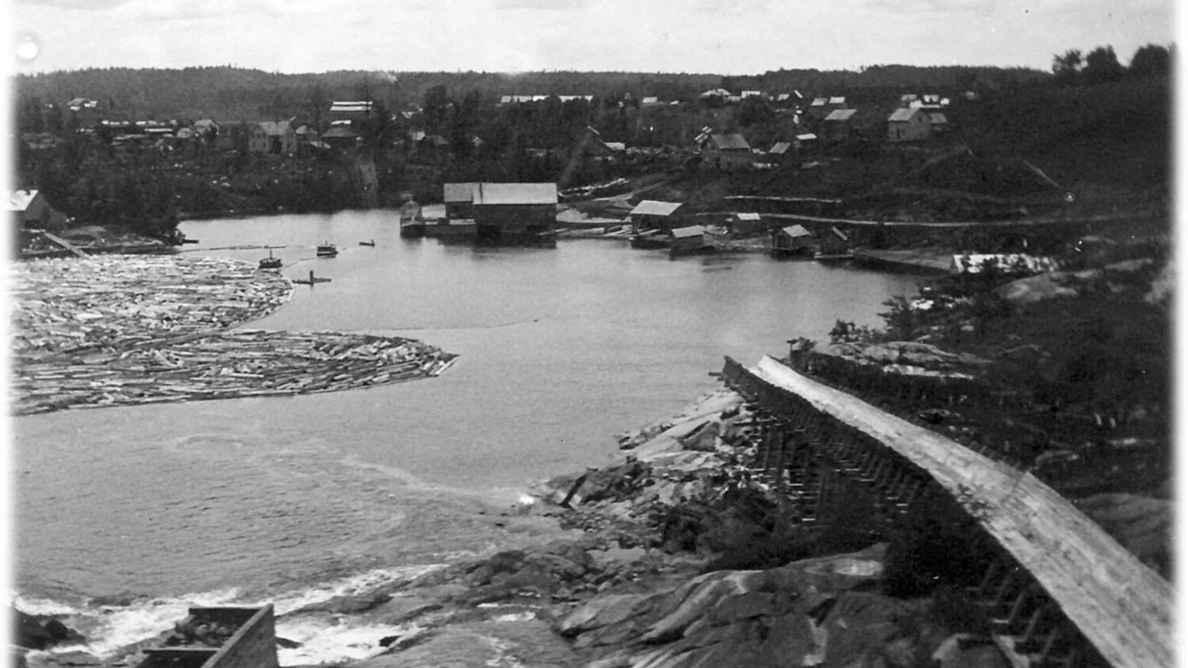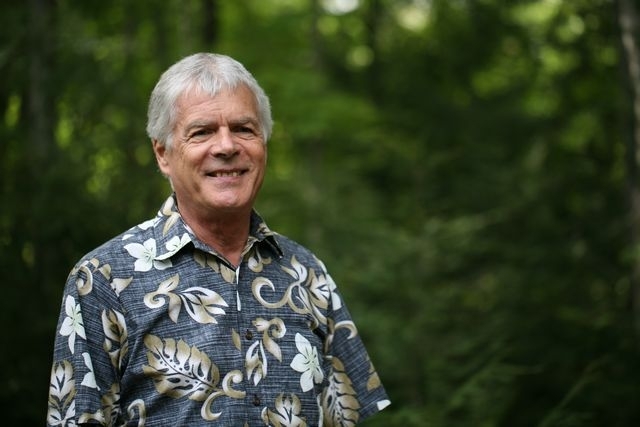Strengthened environmental management is essential in Muskoka.
This requires a radical change in perspective.
By Peter Sale.

Humans and all other living organisms (I nearly wrote ‘things’) are parts of a complex entity that we call environment. Although we have sought to manage our activities by minimizing their impacts, it is time to move beyond that — to care for and nurture our environment, to see it thrive along with us.
This requires a radical change in perspective — we must see ourselves as intimately connected to and dependent on the world around us, and perhaps ask less of our environment, recognizing its needs as well as our own.
Muskokans know that our healthy natural environment is critical to sustaining our economy and our quality of life. For a long time, and until recently, we’ve been reasonably successful at something rarely achieved within western civilization — building a prosperous community with all the benefits of living within a natural environment, while also ensuring that it remains healthy long into the future.
What usually happens when this is attempted is that the environment starts out healthy, biodiverse, and resilient, but over time becomes degraded by the ever-encroaching human enterprise. That degradation is now happening here.
At the time of European settlement, Muskoka had been stewarded for 10,000 years by Indigenous communities that had kept their footprints modest while shaping and caring for the land. But non-Indigenous settlers opened the land to global markets for tourism and timber, expanding the population and radically altering the region in the process.
Most of us today would not recognize the degradation of land and water that characterized Bracebridge, Huntsville or Gravenhurst at the start of the 20th century; our ancestors were building prosperity at the expense of the environment.
Over time, we learned how to do much better, and as a result there were significant improvements as places like Bracebridge Bay were cleaned of pollution.
Efforts to manage our impacts were put in place as we developed cottage-based recreation and tourism, sustained and modernized resorts, and ensured the use of best practices as we developed towns, industries, and waterfronts. But now, with continued local growth and with the local impacts of the climate we have changed globally, our environment is again being challenged.
The 2023 Muskoka Watershed Report Card highlighted the slow deterioration that has consequences for us all.
We need more effective environmental care, with new strategies that ensure deterioration is detected at early stages and that can identify and address both present and future stresses.
But we also need a profound shift in perspective and should consider that of our Indigenous residents — who strive to nurture a healthy and thriving ecosystem seven generations into the future and who see humanity as one part of environment.
The assumption that we humans are outside of, and manage, an object we call environment is an unfortunate misconception buried so deeply within our western system that we scarcely think about it and act mystified or incredulous when this is pointed out.
Most non-Western cultures see much more clearly their close dependence on and relationship with other components of environment. We are a part of it, not outsiders seeking to manage our use or exploitation of it.
We at MWC are hoping to further engage with our local communities, both Indigenous and nonIndigenous, to better understand and bring about this substantive culture shift and plan for more effective caring for environment. Only then will we again have that rare combination — a productive, thriving economy and healthy human society embedded in an ecosystem that itself is thriving, and which continues to sustain the human enterprise.

Welcome to the summer 2024 series of articles on “Living in Our Changing Watershed” presented by the Muskoka Watershed Council and published on MuskokaRegion.com. Our series editor is Dr. Neil Hutchinson, a retired aquatic scientist, Bracebridge resident and Director: Muskoka Watershed Council, Friends of the Muskoka Watershed and Georgian Bay Forever. This article was written by Dr. Peter Sale, a Bracebridge resident, retired aquatic environmental scientist, and Director and Past Chair of Muskoka Watershed Council.
